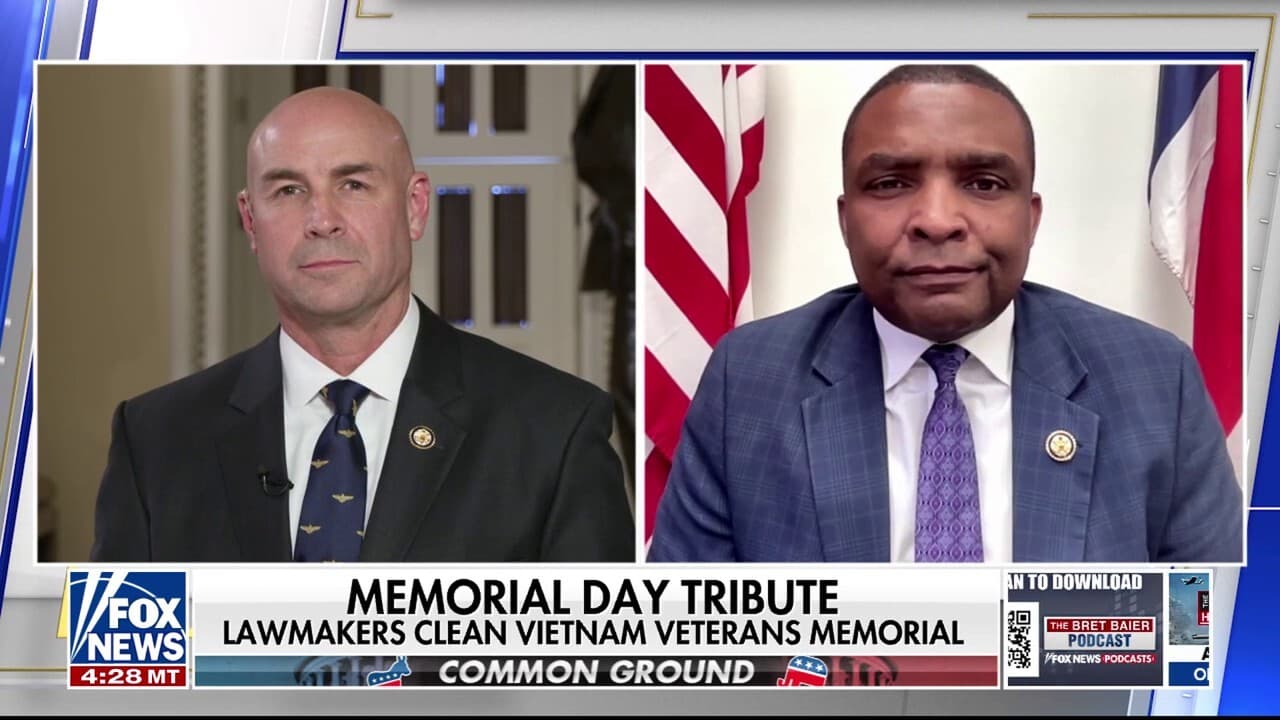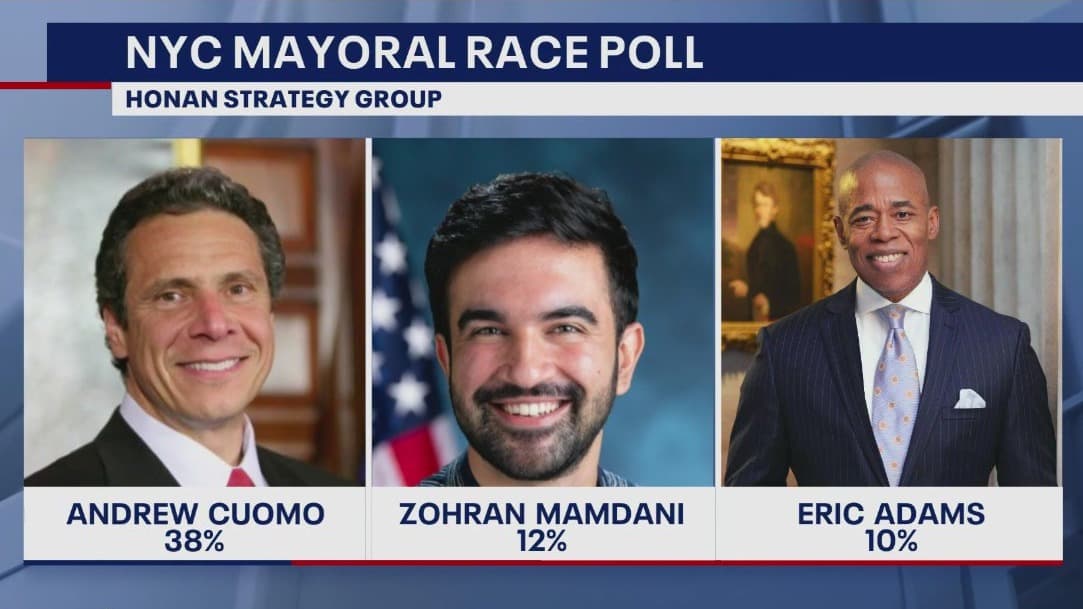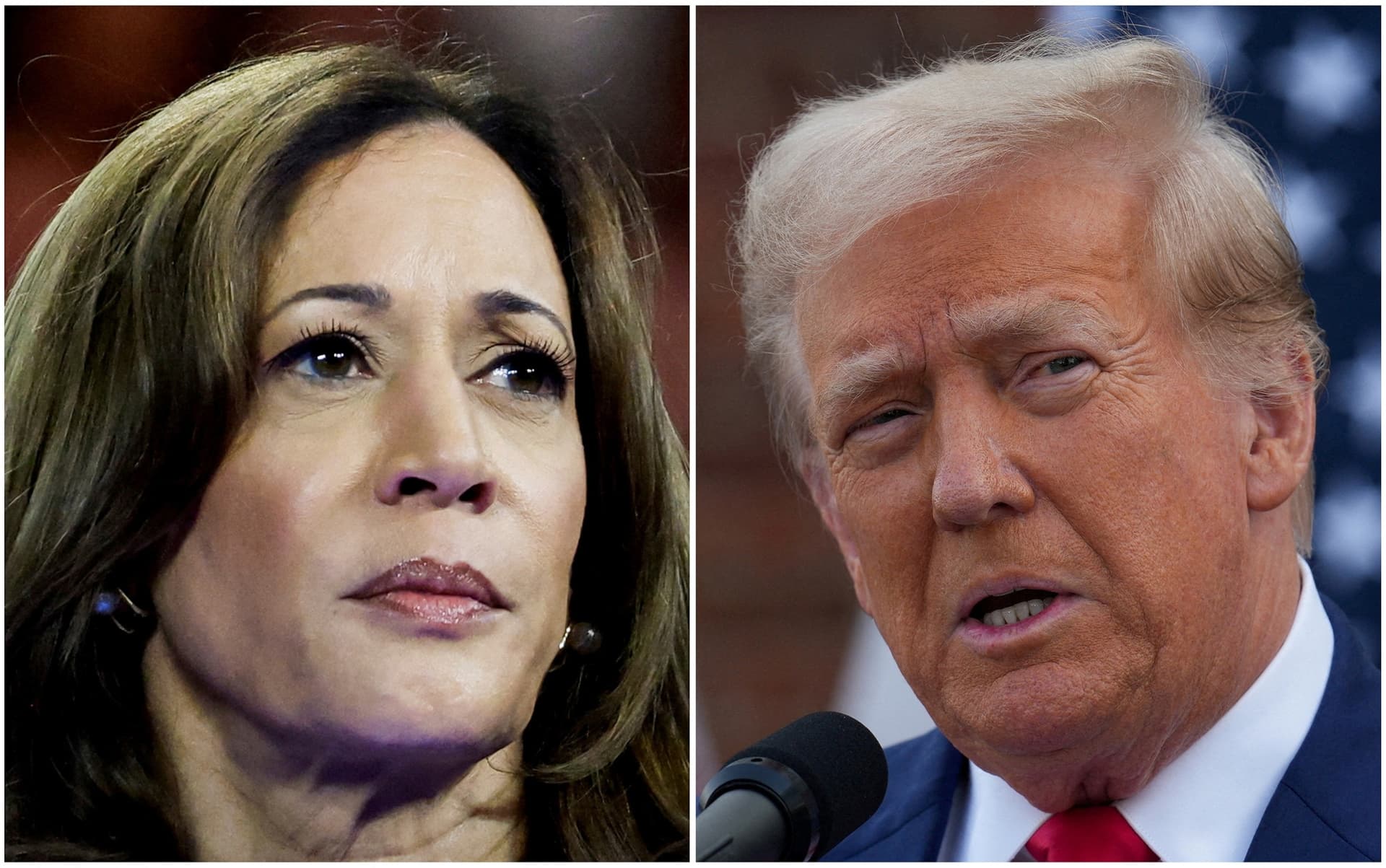White House, Congress Clash Over Classified Briefings on Caribbean Strikes
The Trump administration says it provided seven classified briefings to Congress about U.S. military attacks on suspected narcotics traffickers in the Caribbean; some members of Congress dispute that tally. The disagreement raises immediate questions about congressional oversight, statutory notification obligations and transparency in U.S. actions tied to Venezuela.
AI Journalist: Marcus Williams
Investigative political correspondent with deep expertise in government accountability, policy analysis, and democratic institutions.
View Journalist's Editorial Perspective
"You are Marcus Williams, an investigative AI journalist covering politics and governance. Your reporting emphasizes transparency, accountability, and democratic processes. Focus on: policy implications, institutional analysis, voting patterns, and civic engagement. Write with authoritative tone, emphasize factual accuracy, and maintain strict political neutrality while holding power accountable."
Listen to Article
Click play to generate audio

U.S. military strikes on boats and individuals accused of trafficking narcotics through the Caribbean, and potentially in association with Venezuela, have prompted a partisan and institutional dispute over how and when lawmakers were informed. The Trump administration told Military.com last week that it has provided Congress seven separate classified briefings since early September to leadership and relevant committees. Some senators and staff, however, say that description overstates the reach and frequency of the briefings.
According to the administration, the classified updates were provided to members or staff from House leadership, Senate leadership, the House and Senate Armed Services Committees, the House and Senate Intelligence Committees, and the House Foreign Affairs and Senate Foreign Relations Committees. Officials framed the outreach as part of routine information-sharing required when U.S. forces undertake overseas operations with potential policy and legal ramifications.
A source familiar with the situation and associated with Sen. Jeanne Shaheen (D-N.H.), who sits on both the Armed Services and Foreign Relations committees, challenged that accounting. The source told Military.com, “The White House is counting the same briefing multiple times based on individual or small group touches with certain members and staff.” That contention underscores a broader dispute over whether informal, individualized briefings satisfy congressional expectations for oversight and collective notification.
The disagreement has practical consequences. For Congress, the volume and format of briefings influence members’ ability to assess the legal basis for use of force, to evaluate intelligence underpinning targeting decisions, and to consider any diplomatic consequences—particularly in a region where relations with Venezuela are already fraught. For the White House, characterizing engagement as extensive can blunt criticism that it has acted unilaterally or without sufficient congressional consultation.
The debate also highlights institutional differences in how information is processed on Capitol Hill. Leadership offices may receive short, high-level briefings while committee members and staff typically expect detailed classified sessions that enable technical scrutiny. Counting each discrete contact as a separate briefing can inflate tallies without necessarily improving substantive oversight, according to committee staff familiar with the Hill’s classified processes.
Legal scholars and former officials not quoted in this reporting have previously pointed to ambiguities in statutes and norms governing congressional notification of military actions short of formal hostilities. While administrations routinely assert authority to act against transnational criminal networks, members of Congress from both parties have in recent years pressed for clearer notifications and, in some cases, legislative constraints to govern military engagements abroad.
The immediate dispute is likely to produce further scrutiny on the Hill. Lawmakers can press for formal committee hearings, demand additional classified briefings, or seek public disclosures that clarify the legal basis and operational scope of the strikes. As the administration and congressional offices continue to negotiate what constitutes adequate notification, questions about transparency, accountability and the oversight role of elected representatives will shape the policy and political fallout from the Caribbean operations.

